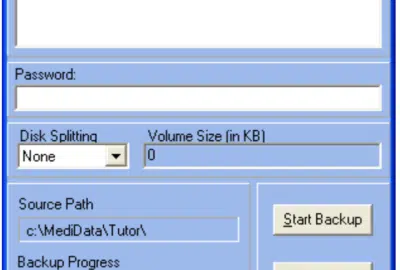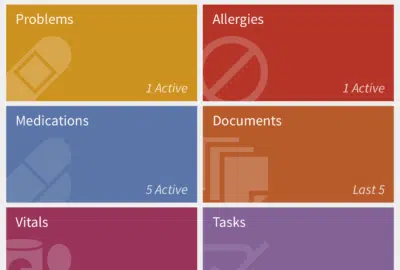MEDISOFT Backup
MEDISOFT backups are an important component of a healthy practice, but not everyone gives enough thought to their backup process. Backups should be run at least daily. Think of it this way: if something happens to your data, how much work are you willing to lose? Restoring from last night’s backup means you won’t lose more than one day’s work,


